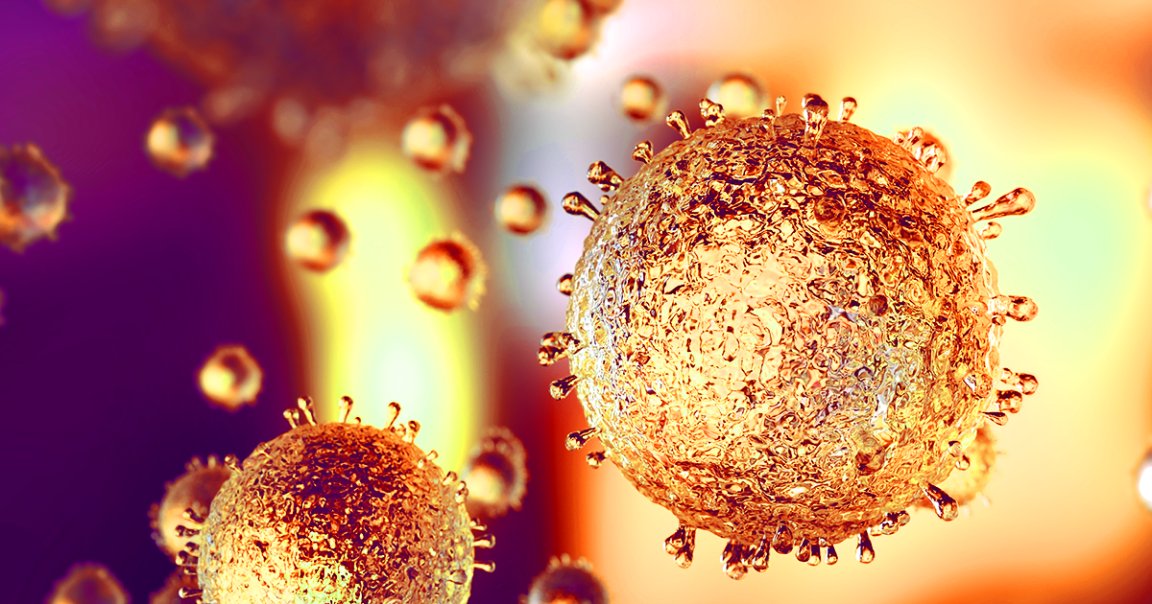
Human Guinea Pigs
In November, Chinese scientist He Jiankui announced that he’d genetically edited a human embryo that was implanted into a woman who then gave birth to twin girls, making them the world’s first gene-edited humans.
Almost immediately, the scientific community derided the experiment as unethical and risky. And now, two geneticists are levying another criticism at the man behind it, saying he demonstrated “a troubling lack… of the requisite understanding of genetics and gene editing” — meaning the twin girls might not even benefit from the risky procedure.
Substandard Science
He claims he used CRISPR to disable CCR5, a gene used by HIV to infect human cells, in the embryo to prevent the twins from inheriting the virus from their HIV-positive father.
But in an article published in the journal PLOS Biology’s “Perspectives” section on Tuesday, Chinese Academy of Sciences geneticists Wang Haoyi and Yang Hui argue that the parents could have accomplished the same thing through established assisted reproductive technologies — meaning He’s rationale for the procedure was, well, irrational.
The duo also criticized He’s methodology, calling the way he used CCR5 knock out mice to determine if his experiment would “cause undesirable genetic, physiological, or behavioral consequences” in humans “absurd.”
“The quality of the science is very poor and superficial,” they wrote, later noting that He’s efforts to assess the mutations that his CRISPR editing might cause also demonstrated “substandard” science.
He displayed a subpar scientific understanding of how a CCR5 knock out might affect Chinese individuals differently than others, too, according to the duo — as well as how silencing CCR5 doesn’t protect against all strains of HIV.
Extremely Irresponsible
Even if He’s experiment had demonstrated impeccable science and served a legitimate purpose, though, his ethical transgressions would still be appalling — a point not lost on Wang and Yang, who wrote that they were “enraged by [He’s] extremely irresponsible misconduct, which clearly violated the regulatory and medical ethics of China and nations all over the world.”
However, they don’t go so far as to condemn the possible future use of gene-editing in humans following adequate development of the technologies and the creation of strict international laws on their usage.
“These improved technologies may provide solutions for genetic diseases,” wrote the duo, “but only when consensus has been met and a regulatory framework has been put in place for treating specific medical implications.”
READ MORE: Substandard, Superficial, and Absurd: Experts Slam the Science Behind the CRISPR Baby Experiment [Gizmodo]
More on He: Chinese Scientists Claim to Have Gene-Edited Human Babies for the First Time